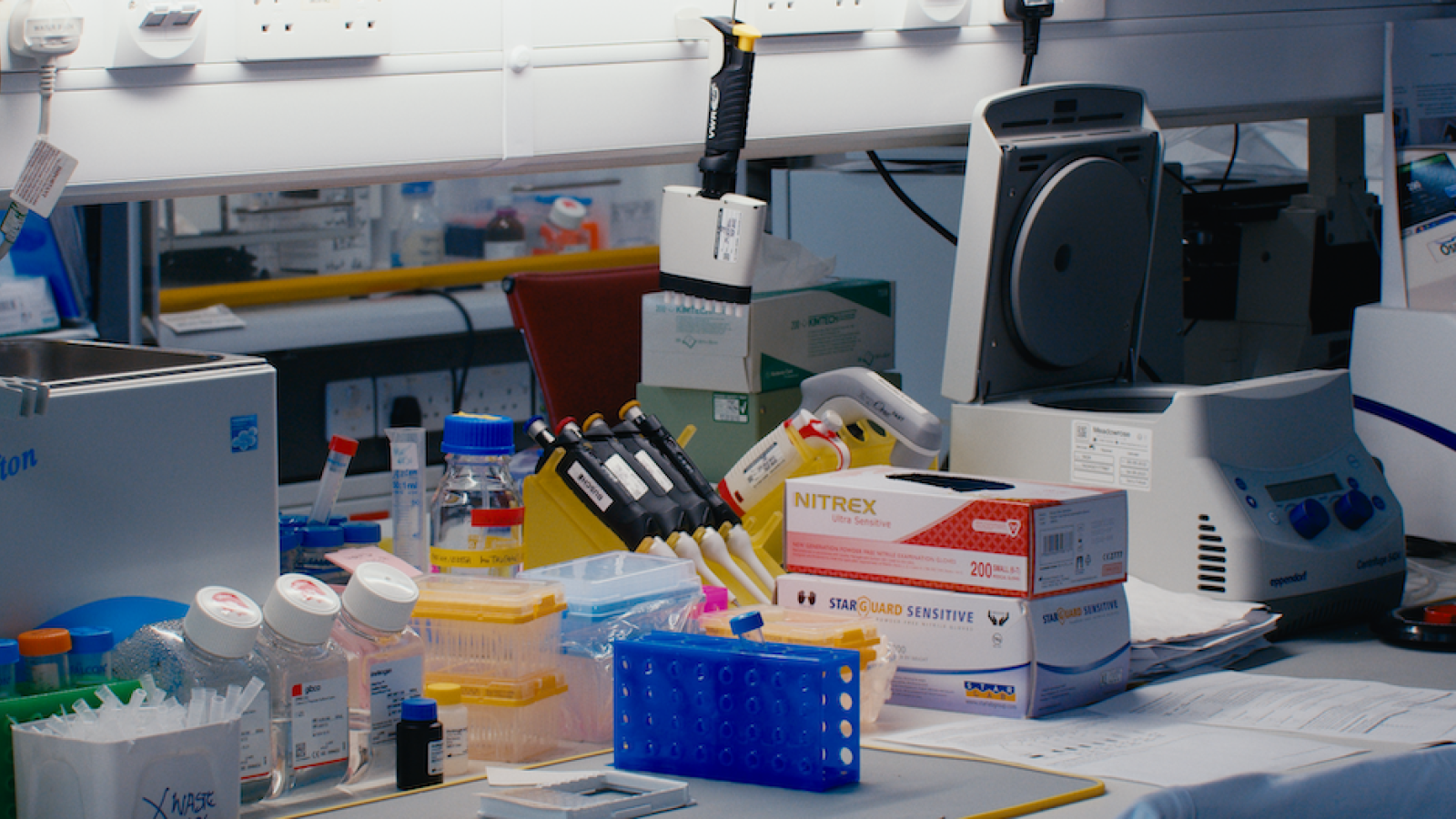Prof Sarah Tabrizi (UK DRI at UCL and UCL Queen Square Institute of Neurology) has been elected to the US National Academy of Medicine (NAM) in recognition of her outstanding achievements and work relating to Huntington’s disease.
Prof Tabrizi is one of 10 new international members elected this year during the academy’s annual meeting, alongside 90 regular members. Election to the academy is considered one of the highest honours in the fields of health and medicine.
According to the academy, Prof Tabrizi was elected “for contributions that have impacted experimental therapeutics of Huntington’s disease, leading multidisciplinary research teams to the first randomised clinical trials of nucleic acid therapies, and forging a biological staging approach tethered to fundamental science and patient research for treating neurodegenerative disorders, akin to cancer therapeutics.”

Prof Tabrizi is a Group Leader at the UK DRI at UCL, and Director of the UCL HD Centre and Joint-Head of the Department of Neurodegenerative Disease at the UCL Queen Square Institute of Neurology. Her multidisciplinary research in Huntington's balances the investigation of fundamental mechanistic science combined with human clinical research in patients and has delivered seminal discoveries. For example, she has provided transformational insights into the biology of Huntington's and helped create an entirely new field of novel therapeutic agents.
Her research has also underpinned the first treatment trials of nucleic acid therapies in Huntington's and other adult brain disorders.
Professor Tabrizi said: “I am truly honoured by this news. This election recognises the tireless efforts of my researchers and colleagues at the HD Centre, UCL Queen Square Institute of Neurology, and the UK Dementia Research Institute, and the selfless contributions of HD patients and their families to our studies.
“Their dedication has been pivotal to the progress we’ve made in advancing understanding of HD and its biology towards what I hope will soon be disease modifying therapies delivered to patients.”
National Academy of Medicine President Victor J. Dzau said:
“This class of new members represents the most exceptional researchers and leaders in health and medicine, who have made significant breakthroughs, led the response to major public health challenges, and advanced health equity. Their expertise will be necessary to supporting NAM’s work to address the pressing health and scientific challenges we face today. It is my privilege to welcome these esteemed individuals to the National Academy of Medicine.”
Source: UCL
Image credits: NAM, Royal Society

